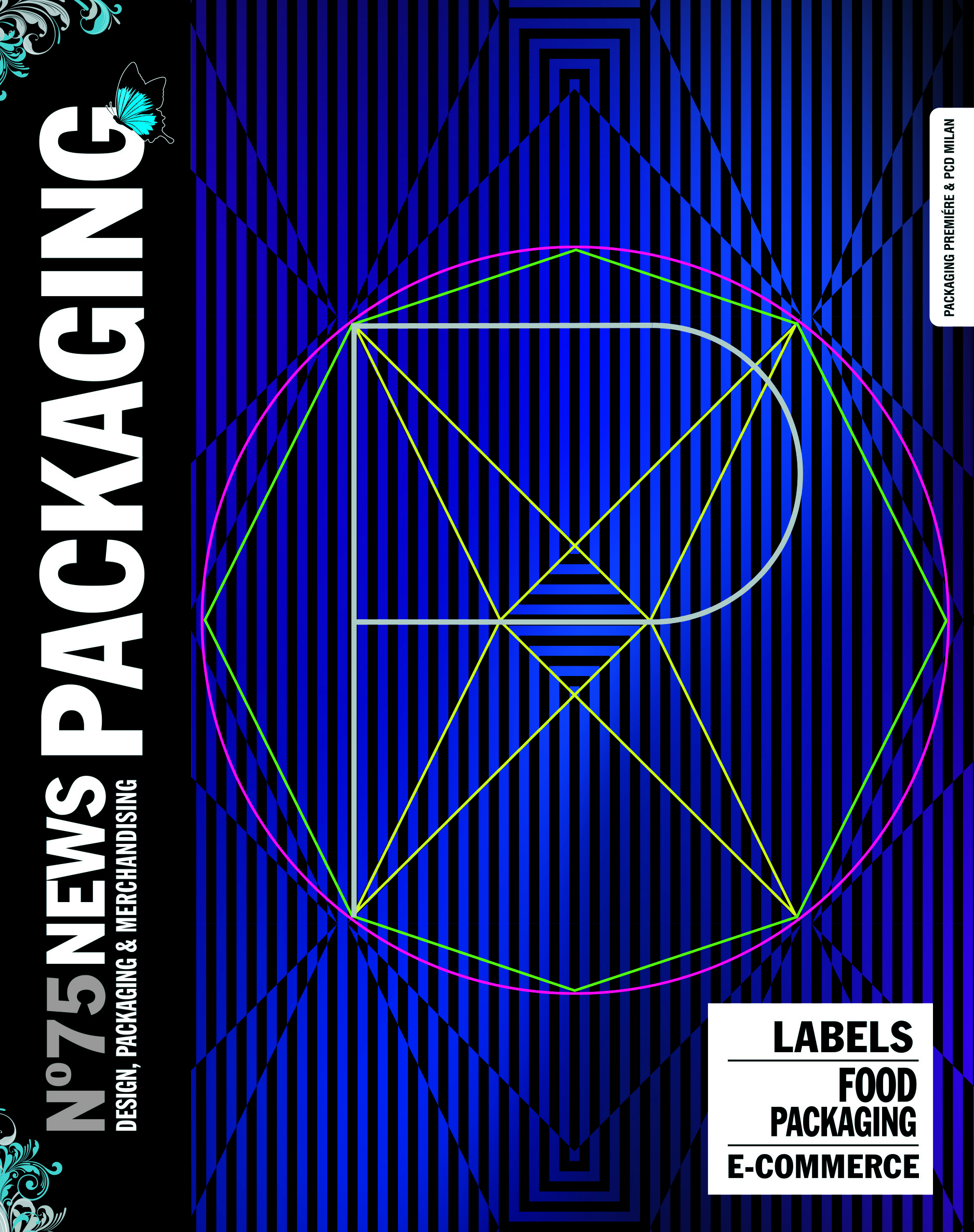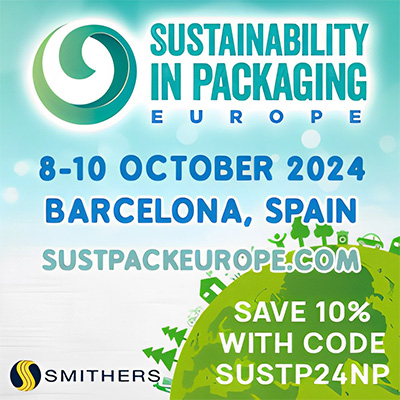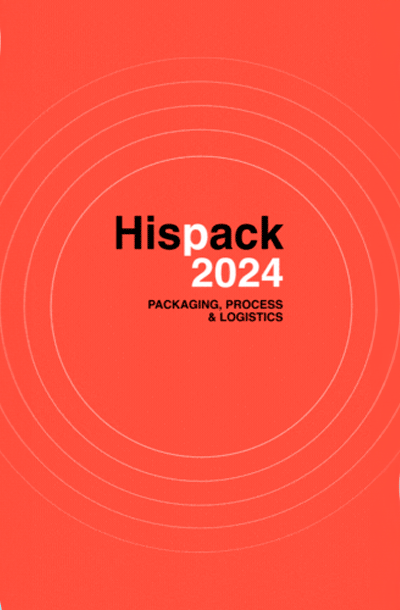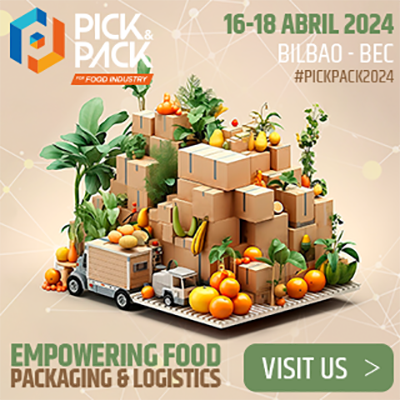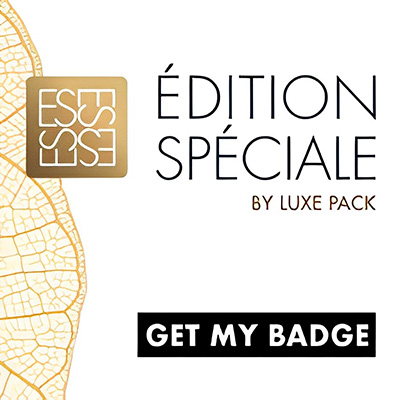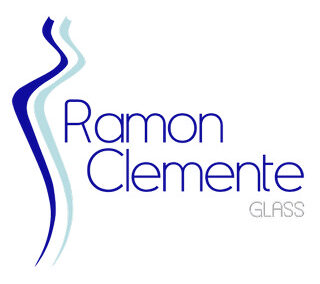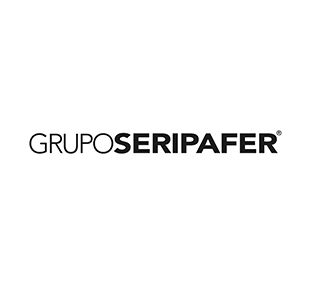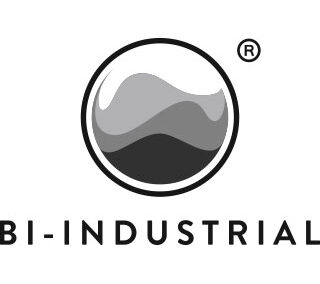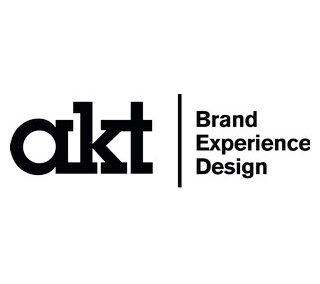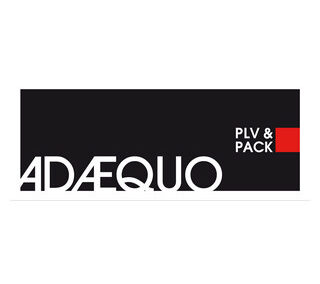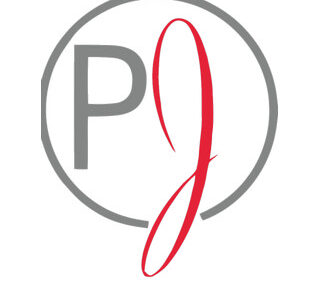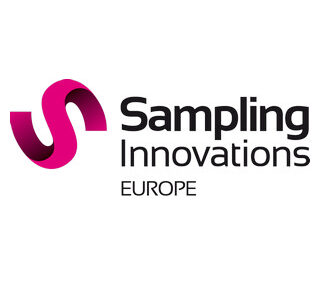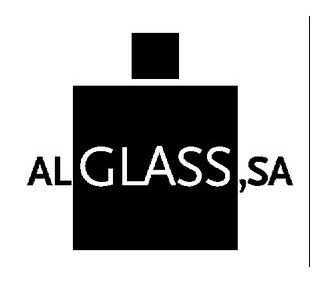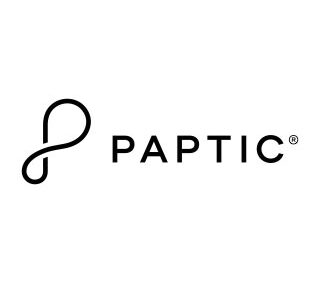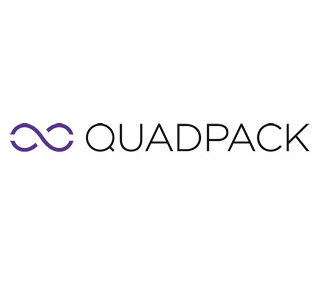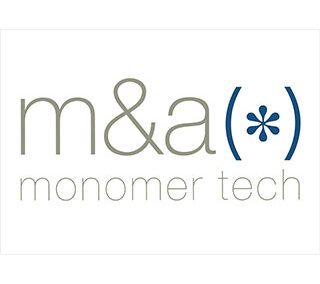AIMPLAS has coordinated research to develop new sustainable packaging that extend the shelf life of cheeses and fresh pasta within the framework of the European BIO4MAP project. The result has been a new generation of barrier, multilayer and transparent packaging whose cost is up to 25% lower than conventional ones, and whose environmental impact is also lower, with a carbon footprint up to 29% lower.
The combination of different layers of bioplastics (PLA, PVOH and adhesives) and a wax coating obtained from olive leaves have made it possible to obtain containers suitable for containing food packed in a modified atmosphere, which isolate the product from oxygen and of moisture to prevent the growth of bacteria and fungi.
In the case of PLA, it is an easily recyclable material with excellent mechanical properties. For its part, PVOH provides a barrier to gases and is soluble in water, so it disappears in the washing process, allowing the recycling of PLA. Both layers will be joined by innovative biodegradable adhesives, while a wax coating made from olive leaves provides a barrier to water vapor. This coating, which does not disappear in the washing process, acts as a plasticizer for PLA, improving its flexibility. They are materials that as a whole have a carbon footprint 57% lower than that of the materials traditionally used in the manufacture of containers to contain this type of food.
The BIO4MAP project is funded by the 7th Framework Program of the European Union, managed by the Executive Research Agency (AEI) (FP2007 / 2013-606144) under grant agreement n ° 4 (BIO30MAP). It is a 1,5-month project with a budget of XNUMX million euros.
Sustainable cheese and pasta packaging
Among the project partners, the integrated supplier of Mercadona Central Quesera Montesinos stands out, a potential company that uses the new packaging for its goat cheese medallions. Likewise, the Spanish Vallés Plàstic, which is in charge of applying the wax coating, and Artibal, manufacturer of varnishes, lacquers and inks, in charge of formulating it, participate in the project. Other end users of the packaging are Altoni-Kelderman of Belgium, a maker of fresh pasta, and Sachsenmilch of Germany, which packages sliced cheese. In addition, the compounding company MAPEA, in France, which has developed the biodegradable adhesive together with the Abo Akademi research center in Finland, the French packaging manufacturer and converting company Bobino Plastique, and the Fraunhofer IVV technology center in Germany, focused on the development of coating waxes.

